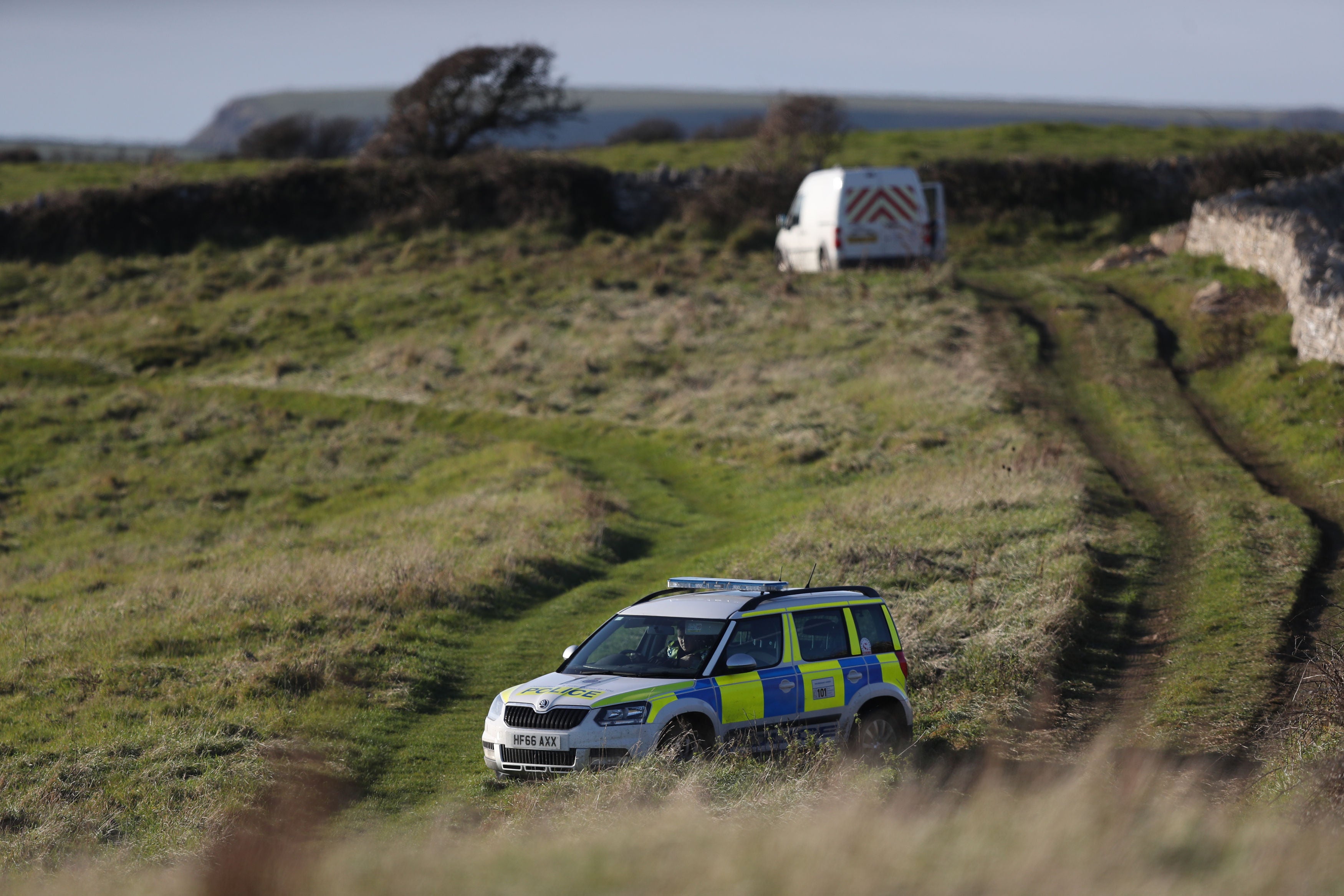
There is “insufficient evidence” to find police failings contributed to the death of missing teenager Gaia Pope-Sutherland, an inquest jury has been told.
Rachael Griffin, senior coroner for Dorset, told the jury in her legal directions that even though Dorset Police admitted failings in the search for the 19-year-old, there was not enough evidence to find they contributed to her death.
“There is insufficient evidence to say that if these failings had not occurred Gaia would have survived,” she said.
“I have concluded that none of these can be safely considered to be either probably or possibly causative of Gaia’s death.”
The coroner also directed the jury to try to reach a unanimous conclusion.
She said: “Your conclusion must not be framed in such a way as to appear to determine the question of criminal or civil liability on the part of a named person.
“You decide this case solely on the evidence you see and hear in this court. Do not do your own research or look anything up on the internet.”
Ms Pope-Sutherland, who suffered from severe epilepsy, was reported missing after running out of her aunt’s home in Swanage, Dorset, on 7 November 2017.

Her naked body was found by police 11 days later in undergrowth on cliff tops near Swanage coastal path.
A post-mortem examination found she died from hypothermia.
An entomologist said he believed the latest she was alive was 9 November.

During the 11-week inquest, jurors at Dorset Coroner’s Court in Bournemouth heard evidence from 78 witnesses, including admitted failings from healthcare professionals and Dorset Police.
Among these accepted failings was a delay in creating a missing person report for the teenager, her initial grading as medium risk instead of high risk, and the delayed response in the first 48 hours after she disappeared.
The inquest jury retired on Thursday to consider its conclusion
Additional reporting by Press Association







